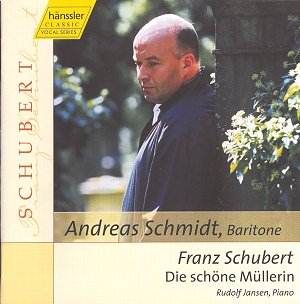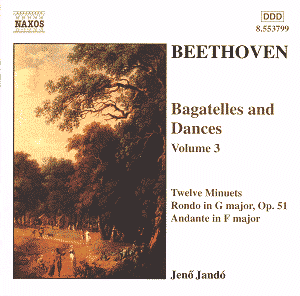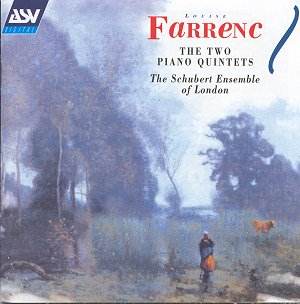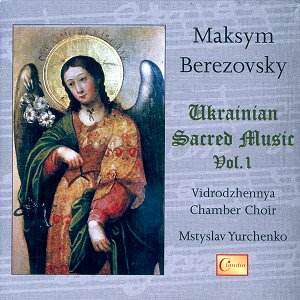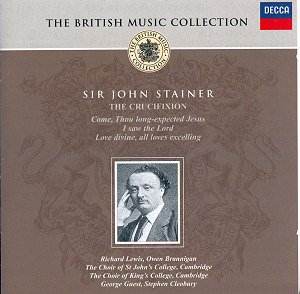 Composer: Sir John Stainer (1840-1901)
Composer: Sir John Stainer (1840-1901)
Works: The Crucifixion, Come, thou long-expected Jesus, I saw the Lord, Love Divine all loves excelling
Performers: Richard Lewis, tenor; Owen Brannigan, bass; Brian Runnett, organ; The Choir of St John’s College Cambridge; The Choir of King’s College Cambridge
Recording: St John’s College Chapel, Cambridge, December 1961 (The Crucifixion); August 1963 (Come Thou long-expected Jesus); King’s College Chapel, 1958 (I saw the Lord); March 1985 (Love Divine all loves excelling)
Label: DECCA 470 379-2
The Crucifixion, first performed in 1887, occupies a curious yet enduring niche within the choral repertoire. Sir John Stainer’s work is emblematic of the Victorian ethos, deftly crafted for parish choirs and imbued with a sense of emotional restraint that reflects both its liturgical function and its historical context. Emerging from a time when English choral music was seeking to balance tradition with accessibility, The Crucifixion stands as a testament to Stainer’s ability to write for limited resources while still conveying profound themes of sacrifice and devotion. Its continued presence in the choral canon speaks to both its musical integrity and its capacity to connect with congregations.
The recorded performance features a stellar cast, with Richard Lewis’s tenor and Owen Brannigan’s bass offering compelling interpretations of Stainer’s text. Lewis’s artistry shines, particularly in the recitative “He made Himself of no reputation,” where his nuanced phrasing and expressive tone lend a poignant depth to the text. While the vocal line may not possess the dramatic weight found in more contemporary settings, Lewis navigates its contours with grace, ensuring that the listener feels the text’s emotional gravitas. Brannigan’s contribution is equally commendable; his voice, robust yet flexible, ideally complements Lewis, particularly in the more animated sections, such as “Fling wide the gates.” Here, the choir’s sound becomes an exuberant celebration, effectively contrasting with the preceding solemnity.
The engineering of this recording merits attention, as Decca’s production captures the unique acoustic of both St John’s and King’s College Chapels. The clarity of the ensemble is notable, allowing the interplay between soloists and choir to emerge distinctly. The balance is finely tuned; choral entries are both powerful and transparent, maintaining the reverent atmosphere without overpowering the soloists. This sonic quality is essential, particularly during the climactic moments, where Stainer’s harmonic language unfolds with both simplicity and profundity.
While Stainer’s melodic lines can occasionally veer toward the prosaic, the overall pacing of the performance, under the direction of George Guest and Stephen Cleobury, is commendable. They manage to sustain the listener’s engagement throughout the work’s lengthy span, avoiding any sense of dragging that could arise from its more contemplative passages. The inclusion of the three hymns—dating from 1958, 1963, and 1985—though varied in chronology, serves as a fitting complement to The Crucifixion, reinforcing its thematic concerns while providing moments of prayerful reflection.
Despite its apparent limitations, The Crucifixion emerges as a work of touching reverence, and this recording underscores its enduring appeal. The performances exhibit a conviction that transcends the work’s modest ambitions, encapsulating a Victorian sensibility that continues to resonate. Here, the blend of historical context, thoughtful interpretation, and quality engineering coalesce to create a listening experience that affirms Stainer’s place in the choral tradition. This Decca disc is a worthy interpretation, offering an honest engagement with the work’s aesthetic while ensuring its relevance remains intact.
